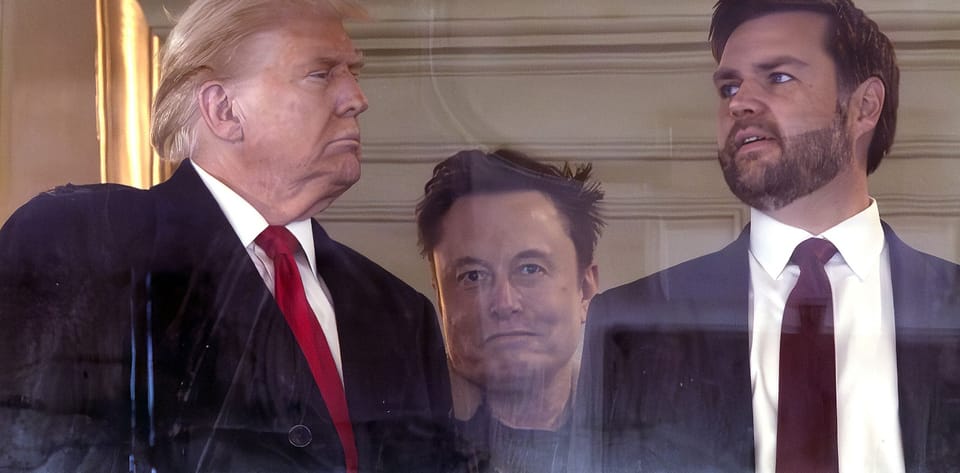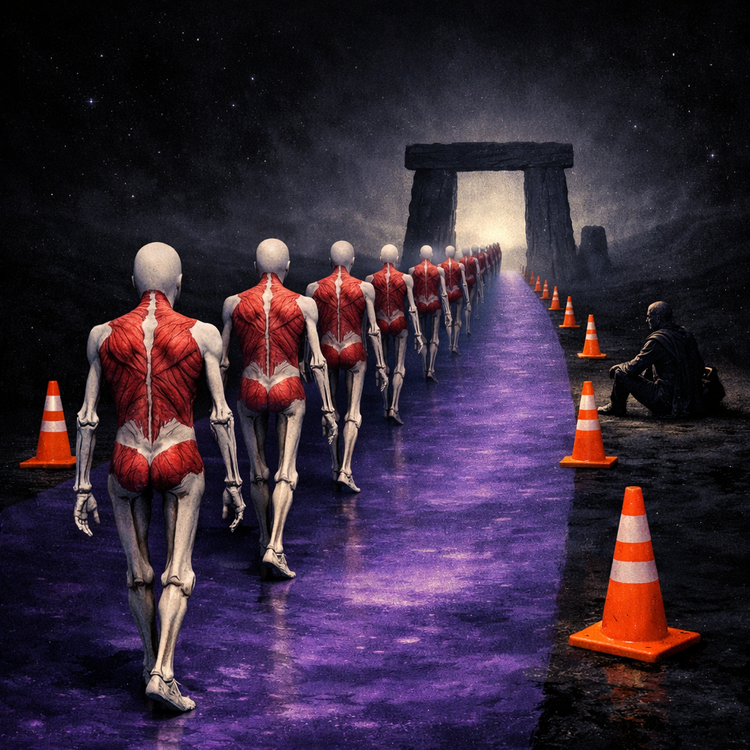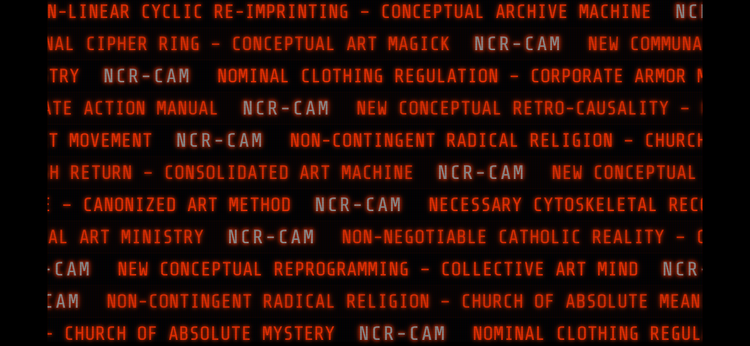A Shimmering Mirage: The Capitalist Illusions of Elon Musk

(In the style of Rudyard Kipling, John Steinbeck, and Charles Dickens)
Behold this wintry stage upon which a solitary figure strides like a modern Scrooge, wealthy and lionized—his social-media persona polished to a holiday gleam. He is hailed as a visionary, a bringer of electric tidings and rocket-fueled tomorrows, yet behind that tinsel façade lies a familiar tale of avarice. Like Ebenezer counting coins by lamplight, Elon Musk casts his unblinking gaze upon profit margins, heedless of the weary souls who toil beneath him. Let us, in the spirit of Christmas, peel back this veneer and unmask the specters that haunt his empire—ghosts of past exploitation, present injustice, and a future we dare not ignore.
I. The Hungry Earth: A Visit from the Ghost of Exploitation Past
In the dim-lit alleys of the Global South, where children stoop in cobalt mines and ancient stones yield their rare metals, we catch a glimpse of industrial sins haunting this Christmas Eve. Like Dickens’s Ghost of Christmas Past, these mines show us the roots of Tesla’s battery dreams—a harsh memory we prefer to forget. Under a sun that blazes unmercifully, the Earth is carved open, stripped of its bounty so that opulent boardrooms may fill with merriment.
They tell us an electric car is kinder to the planet, even as they tear at nature’s very bones. So does Musk, our modern Scrooge, profess to save humankind while overlooking the plights of children burdened with pickaxes. If he were truly a benefactor, would he not don the philanthropic mantle and ease their suffering? In ages gone by, barons of coal and steel likewise proclaimed themselves pioneers, even while they wrung the land dry. Tonight, the Ghost of Exploitation Past rattles its chain, reminding us that no technological flourish redeems a soul deaf to the outcry of laboring innocents.
II. The Whispers of Contracts and Credits: The Ghost of Corporate Indulgence Present
Turn now to the Ghost of Christmas Present, who holds aloft a cornucopia of subsidies, tax credits, and NASA contracts—lavished upon Tesla and SpaceX as though they were orphans in need of charitable relief. These are not humble acts of goodwill but rather the self-serving handouts of a system that funnels public treasure into private pockets. Confetti flutters in corporate corridors while the same man who gladly accepts billions derides support for the unemployed and mocks the needy who look to government for aid.
Rudyard Kipling chronicled empire-builders claiming to lift foreign lands into prosperity; here, a new empire rises in technology’s shimmering domain. As Scrooge once spurned the pleas of carolers at his door, so Musk turns away from the homeless and the hungry, offering snide remarks about “handouts.” The Ghost of Corporate Indulgence Present invites us to see the hypocrisy writ large: a billionaire benefiting from state largesse while damning ordinary folk who seek a modicum of support.
III. Green Promises, Poisonous Realities: The Ghost of Polluted Futures
Now the Ghost of Christmas Yet to Come appears—a silent specter showing us the fate that looms if we continue our heedless trek. The Tesla glides across darkened streets, silent and sleek, yet the factory that birthed it devours energy and resources. Toxic waste from battery production gathers at the edges of this future vision, biding its time like an unpaid debt. A snow-laden horizon reveals skies pierced by SpaceX rockets, each launch trailing a confetti of space junk—an omen of what befalls a world too dazzled to ask whether our planetary home can bear the weight of such ambition.
Is this the salvation we were promised? Dickens’s Ghost of Christmas Future forced Scrooge to confront his own tombstone, a caution that our present hubris might end in ruin. So too does the Earth—frail and battered—plead for relief amid the roar of rocket engines. If truly we wish to uplift humanity, our charitable endeavors should start under the same sky we share, tending to the sick, the homeless, and the marginalized. For if we continue down this path, the grim specter of polluted futures will become an irrevocable reality.
IV. The Shackles of the Modern Serf: Marley’s Chains in the Factory Halls
In the Great Depression, John Steinbeck wrote of men trudging the dusty roads, exploited by orchard owners. Today, they queue outside Gigafactories, hoping for a better life from a corporate titan who promises deliverance. But once inside, they find working conditions fraught with whispered punishments for missed quotas and threats that clamp down on union aspirations. The crack of the capitalist whip remains unchanged—merely cloaked in the silver tinsel of high-tech wonder.
And what of the communities that invite this empire with holiday cheer, granting tax breaks and bidding the factories welcome? Like Bob Cratchit’s humble table, these small towns dream of a feast; but all too often, they are left scraping for scraps when the deals expire. Rents soar, infrastructure creaks, and the brightest blessings vanish like Scrooge’s fleeting promise to “help the poor another day.” So the ghostly clank of Marley’s chains echoes in the factory halls, a warning that exploitation dressed in modern garb is still exploitation all the same.
V. Toward an Earthly Compassion: A Chance at Redemption
In A Christmas Carol, Scrooge’s redemption comes not through grand inventions but through empathy and generosity. So too might our world find salvation if those who hoard wealth open their hearts to the needy, the sick, and the planet itself. To anoint Musk as a wizard while ignoring the plight of the many is a folly that Dickens would instantly recognize. The “magic” at play is the oldest trick in the ledger: buy cheap, sell dear, pocket the difference—then don a glittering robe of “progress” to disguise the human cost.
Imagine if the billions spent on cosmic quests and lavish factories instead flowed toward universal healthcare, quality housing, and resilient education. How many lives would be uplifted if the same spirit that once guided Scrooge to feed Tiny Tim now guided us to feed the millions still in hunger? True Christmas cheer would place compassion above conquest, stewardship of the Earth above rocket-fueled glory.
VI. Conclusion: The Gilded Cage and the Hope for Christmas Morn
No winter night can conceal the truth forever. What rises from the desert sands and glitters in the headlines may prove to be but a gilded cage, forged from the iron of exploitation and the brass of boastful ambition. Elon Musk’s claims of saving humanity ring hollow when weighed against the damage inflicted on the environment, the manipulation of public funds, and the grinding of workers’ spirits beneath relentless deadlines.
In this Christmas tale worthy of Dickens, Kipling’s warning about imperial hubris, and Steinbeck’s lament for the downtrodden, we find the old story of wealth’s triumphant carol drowning out the quiet pleas of the poor. Yet, as Scrooge finally learned, redemption comes with the willingness to see beyond one’s ledger books. It is for each of us to decide whether we continue to applaud the illusions of grandeur—or demand a kinder, more equitable world. Only then, when we tend to the needs of the many and heal the Earth beneath our feet, can we truly keep Christmas well, and break free from the cage that capitalism has locked around its favored sons.
May the dawn of Christmas Morn bring us a vision not of rocket blasts or stock surges, but of shared humanity, empathy, and a future where no child toils in a mine, no worker trembles at a quota, and no bounty is wrested from Mother Earth without care for her wounds. Let that vision guide us into a new year where compassion is our currency, and generosity our greatest invention.






Member discussion